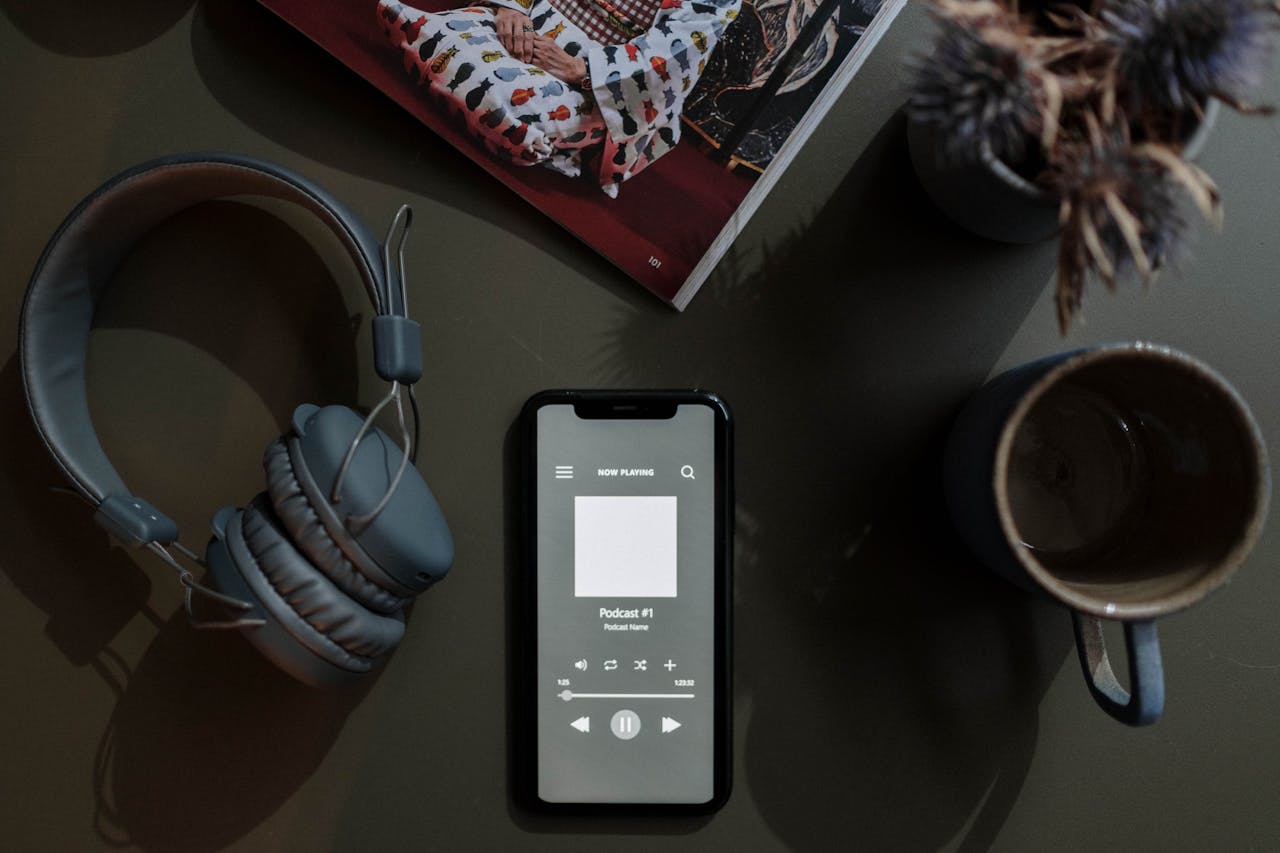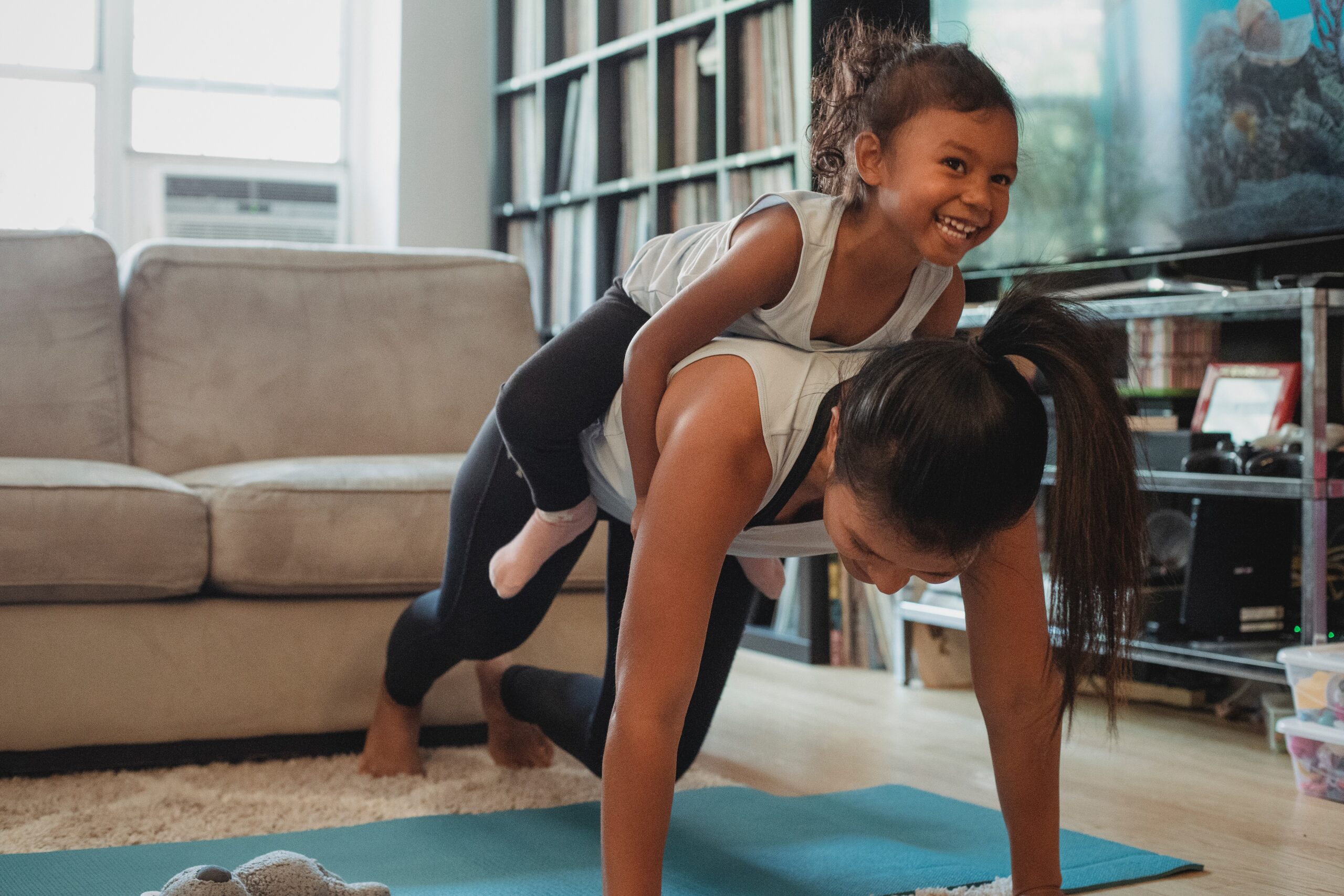A Dime in Savannah: Surfside Kids Pediatric Dentistry
Today, we’re highlighting Surfside Kids Pediatric Dentistry as part of A Dime in Savannah—a local series dedicated to showcasing resources in the Savannah, GA area that support disabled individuals, those with exceptional needs, and autistic and neurodivergent children. About Surfside Kids The Surfside Kids location we’re focusing on today is in Richmond Hill, just a…



